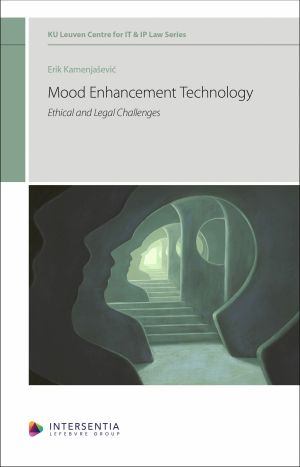
This book endeavours to present an exhaustive examination of the ethical and legal dimensions of human mood enhancement technologies. It commences with a meticulous exploration of diverse definitions of human enhancement, elucidating two primary challenges: the implicit allusion to 'normality' and the demarcation between therapy and enhancement. The book subsequently probes the ethical arguments encircling these technologies, acknowledging that such discourses frequently intersect with ideological and religious perspectives. Prevalent arguments, including those of unnaturalness, playing god, selfishness, cheating, and medicalisation, are subjected to normative analysis to discern societal disquiet. Furthermore, common ethical principles such as autonomy, dignity, justice, identity, privacy, safety, and the prevention of harm are scrutinised employing the wide reflective equilibrium method. An integrated analysis demonstrates how these arguments overlap, interconnect, or conflict, yielding normative insights for the interpretation of the current regulatory framework.
The book also proffers a comprehensive analysis of applicable norms from various international and European Union legal instruments, unveiling legal uncertainties in existing laws. It also delineates the connections and overlaps between ethical arguments and legal norms. The conclusions of the book furnish actionable recommendations for policymakers and